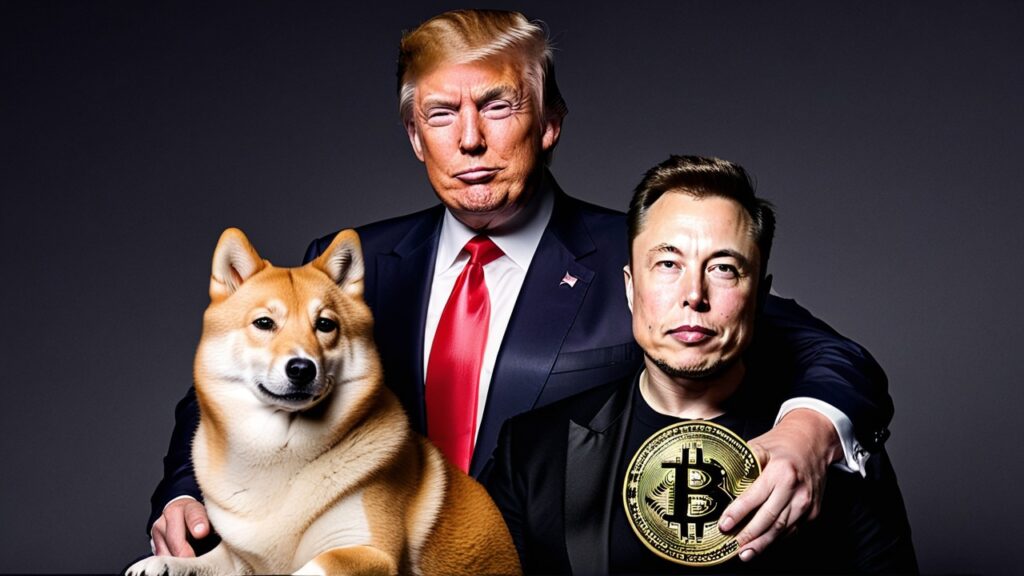In a dramatic twist for one of the world’s most influential messaging platforms, Telegram’s CEO, Pavel Durov, finds himself at the center of a legal storm in France. The Russian-born tech entrepreneur was detained at Le Bourget airport near Paris on August 24, 2024, sparking an intense debate over the responsibilities of tech platforms in moderating content and the balance between privacy and regulation.
Telegram’s Firm Stand on Compliance
Amid the unfolding situation, Telegram issued a robust statement, asserting its full compliance with European Union regulations, including the recently enacted Digital Services Act (DSA). The company emphasized that its moderation efforts align with industry standards and are consistently evolving to better tackle the misuse of the platform.
“Telegram abides by EU laws, including the Digital Services Act — its moderation is within industry standards and constantly improving,” the statement read. The company further defended Durov, noting that he regularly travels across Europe and has “nothing to hide.”
The Arrest and Its Implications
Pavel Durov’s detention is linked to an investigation into serious allegations that Telegram has not sufficiently curbed illegal activities on its platform, ranging from drug trafficking to the promotion of terrorism. This scrutiny has placed Telegram at the heart of a broader conversation about the role and responsibility of digital platforms in the modern age.
Telegram’s encrypted messaging services have been both lauded for protecting user privacy and criticized for allowing criminal activities to go unchecked. This duality has made Telegram a target for regulatory bodies, particularly in Western Europe, where there is increasing pressure on tech companies to tighten their moderation policies.
A Broader Debate: Responsibility vs. Freedom
The case has ignited discussions across the tech industry and beyond about the extent to which platform owners should be held accountable for the actions of their users. Telegram’s stance is clear: while they strive to comply with laws and improve moderation, holding the platform or its CEO responsible for user-generated content is seen as unreasonable.
Critics argue that Telegram’s efforts to combat illegal content lag behind those of other major platforms, pointing to its use by extremist groups and other nefarious actors. However, supporters of Durov emphasize the importance of protecting digital privacy and freedom of speech, viewing these as fundamental rights in the digital age.
What’s Next for Telegram and Durov?
As Durov remains in French custody, the outcome of this investigation could have significant implications not only for Telegram but for the broader tech industry. The resolution of this case could set a precedent for how platforms are regulated and held accountable in the future, especially in jurisdictions with stringent digital content laws.
The situation is fluid, with both supporters and critics of Telegram watching closely. Whatever the outcome, it’s clear that this case will be a landmark moment in the ongoing debate over privacy, moderation, and responsibility in the digital era.


